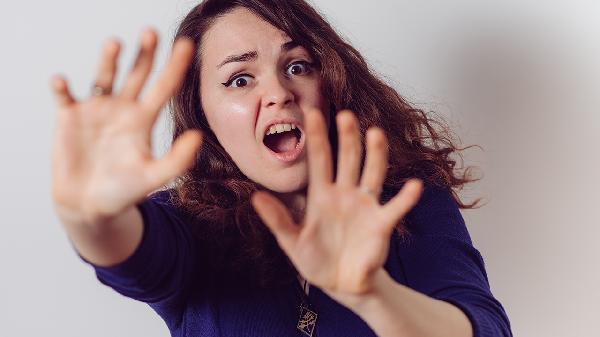Psychopaths and sociopaths are thriving on social media because these platforms reward traits like charisma, manipulation, and emotional detachment—qualities that often define these personality types. While not every influencer or viral content creator fits the bill, the algorithms favor bold, attention-grabbing behavior, which can be a playground for those with antisocial tendencies. The more outrageous, the more engagement—and that’s exactly where these personalities excel.
The Social Media Playbook for Dark Triad Types
Psychopaths, sociopaths, and narcissists—collectively part of the "Dark Triad"—flourish online because social media is built for them. These individuals are often charming, calculated, and unburdened by empathy, making them naturals at crafting viral content. They know how to push buttons, exploit trends, and manipulate emotions without a second thought. While most people hesitate before posting something controversial, these personalities lean into it, because for them, engagement is just a game. The more divisive the post, the better—it fuels their need for control and admiration.
Why Algorithms Love Chaos
Social media platforms prioritize content that sparks extreme reactions—whether love or hate—because controversy drives clicks. Psychopaths and sociopaths instinctively understand this. They don’t care about backlash; in fact, they thrive on it. The algorithm doesn’t distinguish between positive and negative engagement—it just sees activity. So when a sociopath posts something inflammatory, and thousands of people rush to argue in the comments, the platform rewards that post with more visibility. It’s a feedback loop that benefits those who lack remorse.
The Illusion of Connection
One of the most dangerous aspects of psychopathic influencers is their ability to mimic empathy while being completely detached. They can craft heartfelt messages, performative outrage, or fake vulnerability—all while seeing their audience as pawns. Followers might feel a deep, personal connection, but for the sociopath, it’s just a numbers game. This emotional manipulation is especially effective on platforms like Instagram or TikTok, where parasocial relationships (one-sided emotional bonds) are rampant.
How to Spot Them (Before You Get Played)
Not every edgy influencer is a sociopath, but there are red flags. Look for patterns: Do they constantly pivot to new controversies without ever taking accountability? Do they love bomb their followers one day and attack them the next? Are their apologies always performative, with zero real change? Psychopaths and sociopaths are experts at reading what an audience wants and mirroring it—but their behavior often lacks consistency because they don’t actually believe in anything beyond their own gain.
The Real-World Consequences
While it might seem harmless—just another troll or clout-chaser—the rise of antisocial personalities online has real-world effects. They normalize extreme behavior, erode trust, and often radicalize followers. Some of the most toxic internet movements have been fueled by individuals who exhibit psychopathic traits, leveraging outrage to build loyal (and sometimes dangerous) followings. The more platforms reward this behavior, the more it spreads, shaping online culture in ways that prioritize shock value over substance.
Social media isn’t creating psychopaths and sociopaths, but it’s giving them the perfect stage. The combination of anonymity, instant gratification, and algorithmic rewards creates an environment where the most ruthless thrive. The solution? Be skeptical, disengage from toxic cycles, and remember: not every charismatic voice online has your best interests at heart.
























